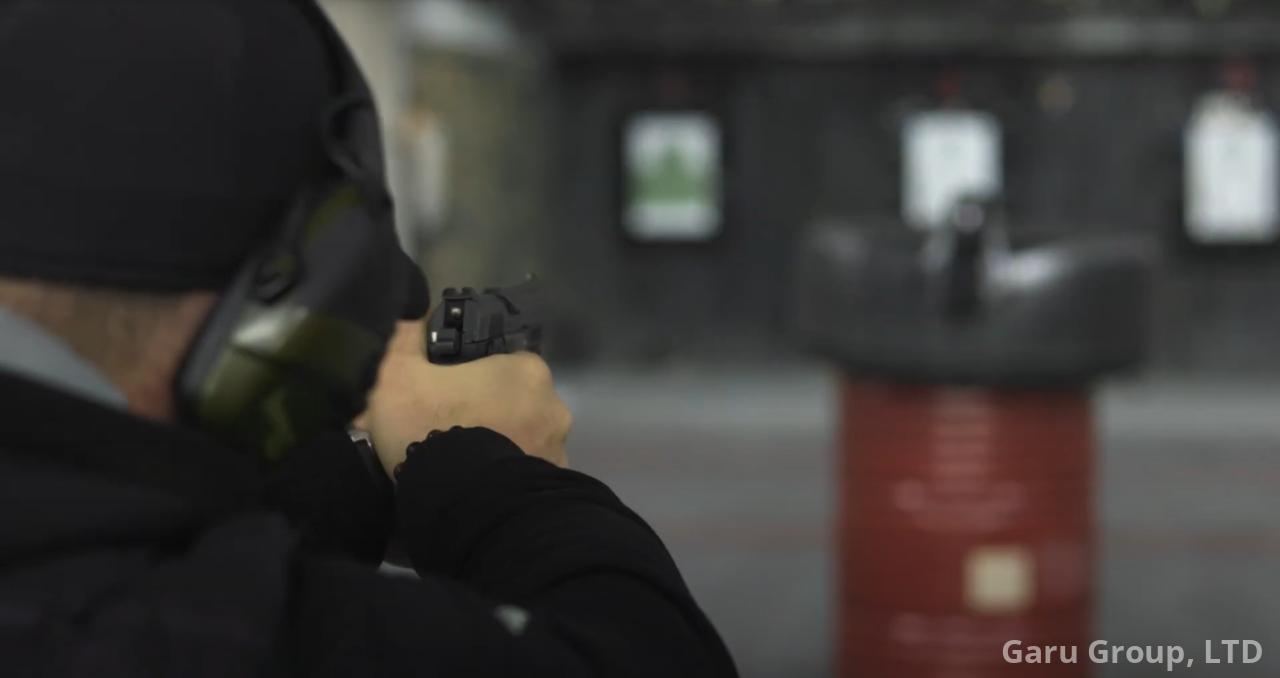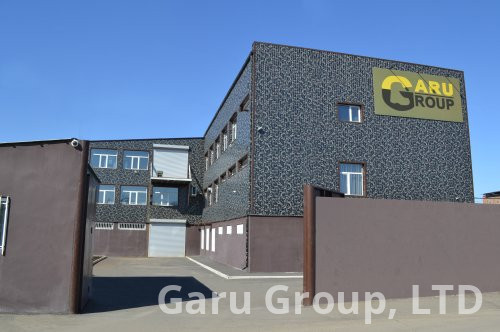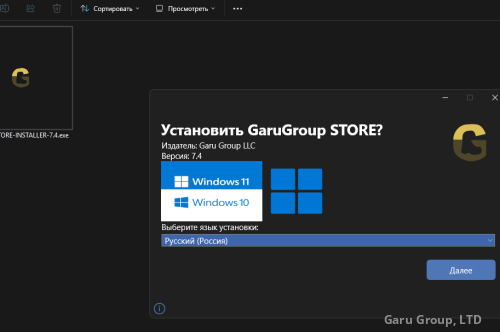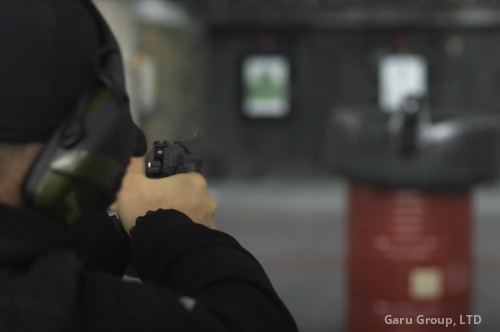Garu Group Becomes First in Armenia to Introduce Military Footwear with BR-1 Ballistic-Resistant Sole

Yerevan, June 6, 2025 — Garu Group, which has been an active member of the Armenian Defense Industry Committee since 2023, announced the development and successful completion of trials for a new model of military footwear featuring a ballistic-resistant sole meeting the BR-1 standard. According to company representatives, this innovation is unprecedented on the Armenian market: until now, no one in the country has produced combat boots offering full protection of the sole against bullets, shrapnel, and puncturing objects.
Participation in the Defense Industry Committee and Development of the BR-1 Standard
Upon joining the Armenian Defense Industry Committee in 2023, Garu Group gained the opportunity to collaborate with government experts and research institutes in drafting national technical specifications for innovative defense products. One of the key objectives became the creation of combat footwear with enhanced sole protection according to the international BR-1 (Ballistic Resistant-1) protocol, which requires resistance to small-caliber projectiles (up to 9×19 mm) and a high level of puncture and tear resistance.
Within the Committee’s framework, representatives from the Ministry of Defense, the National Security Service, and the Ministry of Emergency Situations defined requirements for the physical and mechanical properties of the armored sole: the capacity to absorb bullet kinetic energy had to be no less than 45 J at a muzzle velocity of 350 m/s, and puncture resistance had to reach at least 1,200 N. These criteria formed the basis of the technical assignment for Garu Group’s designers.
Testing Procedures and Impressive Results
Trials of the new model were conducted successfully in specialized facilities. According to the official report, the prototype withstood the following tests:
Ballistic Test
-
Fired a 9×19 mm FMJ (full metal jacket) round from a distance of 5–10 m.
-
Maximum bullet penetration into the sole did not exceed 2.3 mm (the allowable threshold is ≤ 3 mm).
-
Energy absorption reached 48 J, surpassing the minimum requirement of 45 J.
Puncture and Sharp-Object Resistance
-
The sole was subjected to puncture by a 6 mm-diameter steel spike at a force of 1,250 N (standard ≥ 1,200 N).
-
The robust rubber and Kevlar layers prevented the spike from penetrating more than 1.7 mm into the inner layer.
Dynamic Impact Resistance
-
A 5 kg hammer was dropped from a height of 1.2 m onto a surface simulating shrapnel. Damages were limited to the external rubber covering; the armored layer remained intact.
Thermal and Humidity Endurance
-
Samples were subjected to –20 °C and +45 °C in environmental chambers for 48 hours. No deformations were observed, and protective properties of the sole were retained.
The results exceeded expectations: the new sole not only provides ballistic protection comparable to international analogues but also demonstrates significantly higher puncture resistance. This is especially crucial for soldiers operating in rocky, mountainous areas and on front-line positions.
Minimal Price Increase and Broad Accessibility
Despite the high-tech armored sole and complex materials (Kevlar, ceramic composite, and a rubber–polyurethane mixture), the final cost of the new model proved to be only a few dozen percent higher than that of standard military boots without an armored sole.
According to calculations by Garu Group’s marketing department, large-scale production (from 500 pairs and above) can further reduce manufacturing costs, keeping the price differential to no more than 35–40 %, thereby ensuring a competitive offering on the regional market.
“We are confident that volunteers, conscripts, and special forces personnel will have a unique opportunity to protect themselves against battlefield shrapnel and bullets at a price only slightly above that of a conventional army boot,” company representatives noted. “This constitutes a strategically important advantage for the nation’s defense capabilities.”
Next Steps: Certification and Production
In the near future, Garu Group will submit the complete documentation package to the Ministry of Defense of the Republic of Armenia for official certification of the model under the military index “BR-1-01 Footwear.” After receiving expert approval, the first industrial batch will be launched. Simultaneously, negotiations are underway with foreign governmental agencies and private companies for supply agreements under bilateral contracts.
Conclusion
This unique development by Armenian engineers and technologists at Garu Group marks a new chapter in domestic production of personal protective equipment for military personnel. For the first time in the country’s history, combat boots offering active sole protection to the BR-1 standard have been created with only a minimal price premium. Successful completion of ballistic and laboratory testing confirms the project’s practical value: in real conditions, soldiers will receive a higher level of safety without significant impact on the defense budget.
This achievement demonstrates that Armenia’s industry is capable of producing competitive, innovative products that meet the strictest international requirements. Moreover, collaboration within the Defense Industry Committee will continue to foster the emergence of new advanced solutions to meet the needs of the armed forces and security agencies.
 English
English Русский
Русский Հայերեն
Հայերեն



